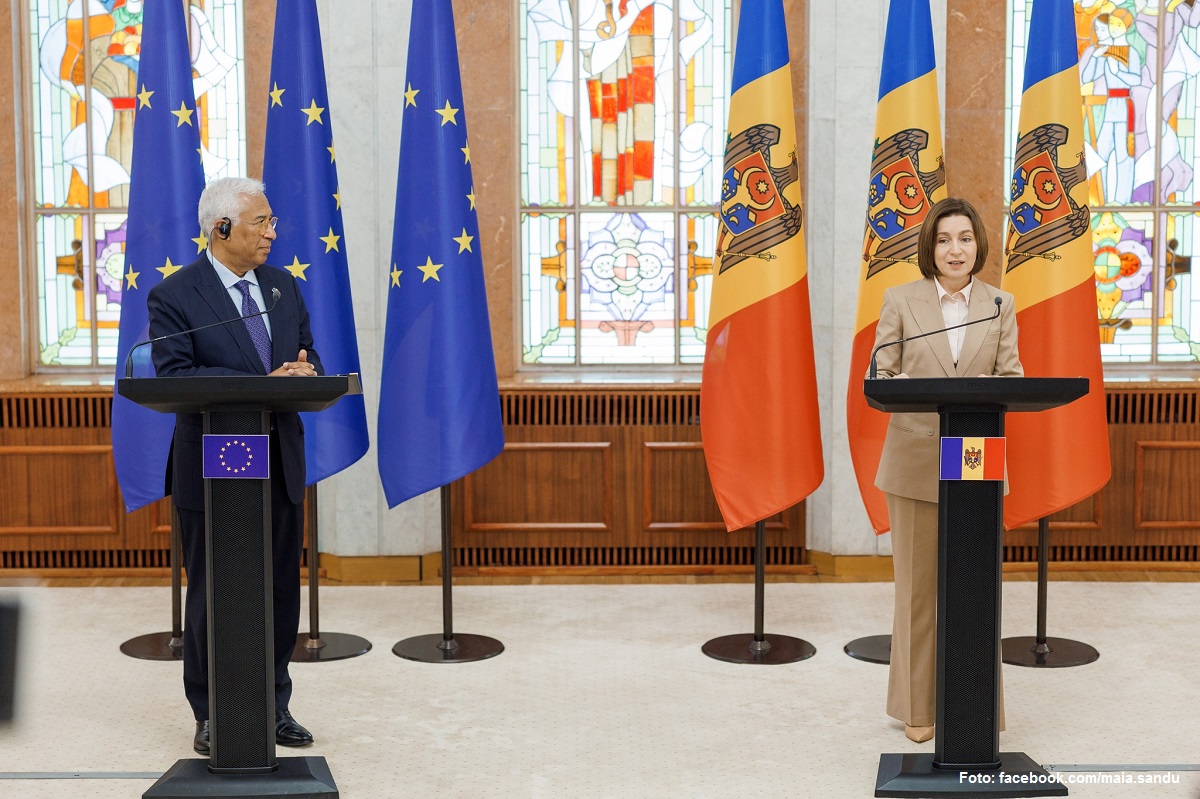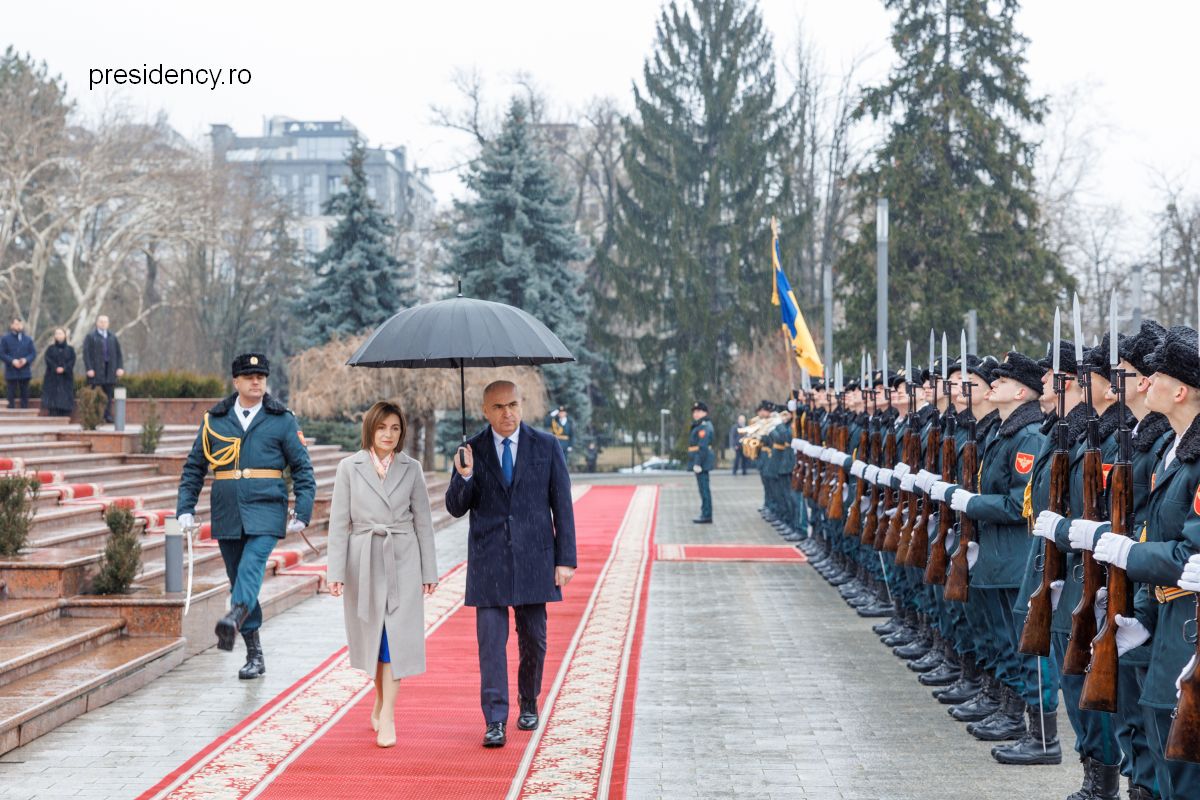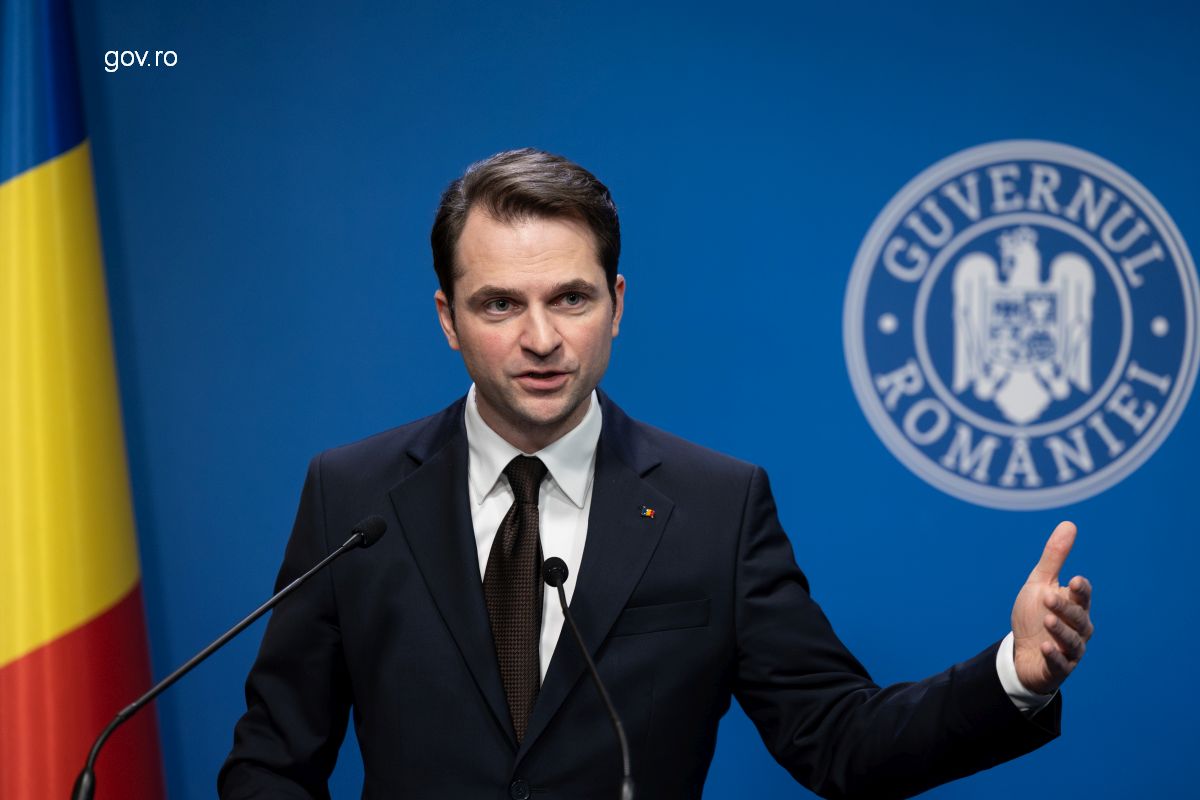The 1989 Revolution case, reopened
Romanias Supreme Court has confirmed the ruling of the General Prosecutors Office to reopen the file of the 1989 anti-communist Revolution.

Leyla Cheamil, 14.06.2016, 13:31
A quarter of a century after the fall of the communist regime in Romania, the families of the people who lost their lives during those chaotic days of December do not know yet who killed their loved ones. The 1989 anti-communist revolution left deep wounds in Romania, the only country in the former communist bloc where freedom was won by bloodshed. The police state, the economic policy, the harsh austerity regime imposed by dictator Ceausescu are only some of the reasons that made Romanians take to the streets in an attempt to topple the communist regime.
In October 2015 military prosecutors decided to close the file, after investigations had been dragging for years. According to prosecutors, 709 people were killed during the events of December 1989, some 1,855 were wounded through gunshot, 343 were wounded under different circumstances and 924 were arrested. According to prosecutors with the General Prosecutors Office, the events back then fell under the statute of limitations or do not fall under criminal law provisions, in the case of accidental deaths, so the file was closed. The decision angered a lot of Romanians, which made them file a challenge at the Supreme Court.
Delays in solving the Revolution case also made the European Court of Human Rights rule that the Romanian state had to pay damages to a number of Romanians who sued against the lack of an investigation into the violence of 1989. On Monday, judges with the High Court of Cassation and Justice, which is Romania’s Supreme Court, confirmed the decision of the General Prosecutor’s Office to reopen the 1989 Revolution file. In April, Bogdan Licu, interim General Prosecutor at the time, decided to reopen investigations in that case, saying that the military prosecutors’ decision to close the case was ungrounded and illegal.
According to Bogdan Licu, military prosecutors closed the file based on insufficient investigations, by ignoring crucial documents regarding the events of 1989, which entailed a faulty classification of the crimes and hindered efforts to find the truth and the offenders. Bogdan Licu also said that the manner in which the investigation had been conducted by the Military Prosecutor’s Office, showed no concern for establishing some essential aspects as to the events of December 17-30, 1989.
In his opinion, military prosecutors did not take any action to declassify the documents underlying the report of the Senate’s committee on actions that unfolded during the 1989 Revolution, although that committee made thousands of hearings and received documents from the Defense Ministry, the Interior Ministry and the Romanian Intelligence Service. Some of the verbatim reports of the hearings performed by that committee and also excerpts from documents submitted by state institutions have been included in several books published over the past 26 years.
(Translated by Elena Enache)






























